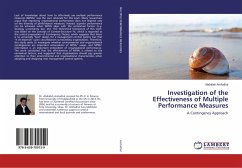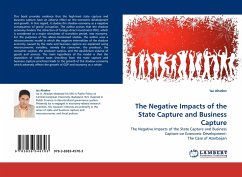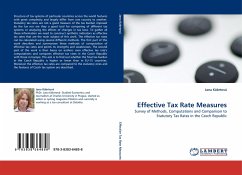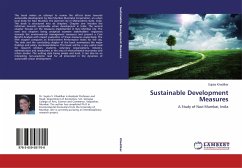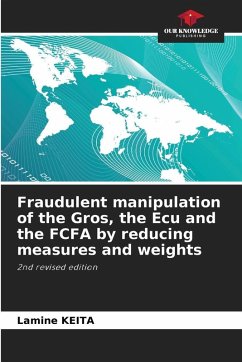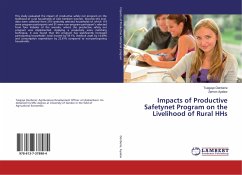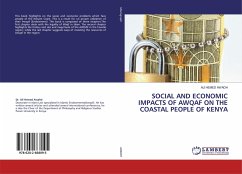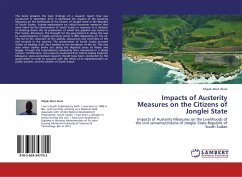
Impacts of Austerity Measures on the Citizens of Jonglei State
Impacts of Austerity Measures on the Livelihoods of the civil servants/citizens of Jonglei State-Republic of South Sudan
Versandkostenfrei!
Versandfertig in 6-10 Tagen
32,99 €
inkl. MwSt.

PAYBACK Punkte
16 °P sammeln!
This book presents the main findings of a research report that was conducted in November 2012. It addressed the impacts of the Austerity Measures on the livelihoods of the citizens of Jonglei State in the Republic of South Sudan. It gives explanations on critical economic measures that were taken by the Government of South Sudan in response to it decision of shutting down the oil production of which the pipeline was based in Port Sudan- Khartoum. The thought for the government in doing this was to counterbalance it fragile economy which is 98% depending on the oil. This led to the reduction of...
This book presents the main findings of a research report that was conducted in November 2012. It addressed the impacts of the Austerity Measures on the livelihoods of the citizens of Jonglei State in the Republic of South Sudan. It gives explanations on critical economic measures that were taken by the Government of South Sudan in response to it decision of shutting down the oil production of which the pipeline was based in Port Sudan- Khartoum. The thought for the government in doing this was to counterbalance it fragile economy which is 98% depending on the oil. This led to the reduction of the salaries, allowances and incentives of the civil servants in the country. The government of South Sudan accused Sudan of stealing it oil, thus leading to the shutdown of the oil. This was seen when clashes broke out along the disputed areas of Abyiei and Heglig. Though the International community later intervened in a timely manner. Furthermore, this research cautioned that, before taking Austerity Measures, socio-economical research should have been conducted by the government in order to acquaint with the effect of its implementation on public servants, and the citizens of South Sudan



